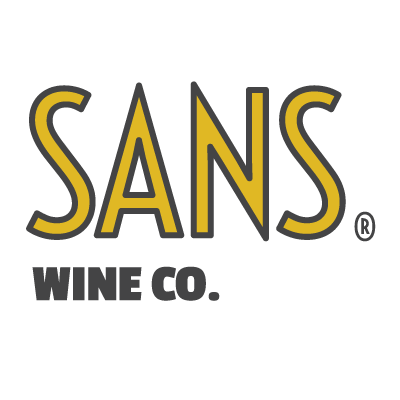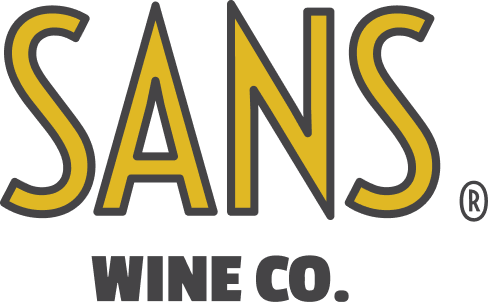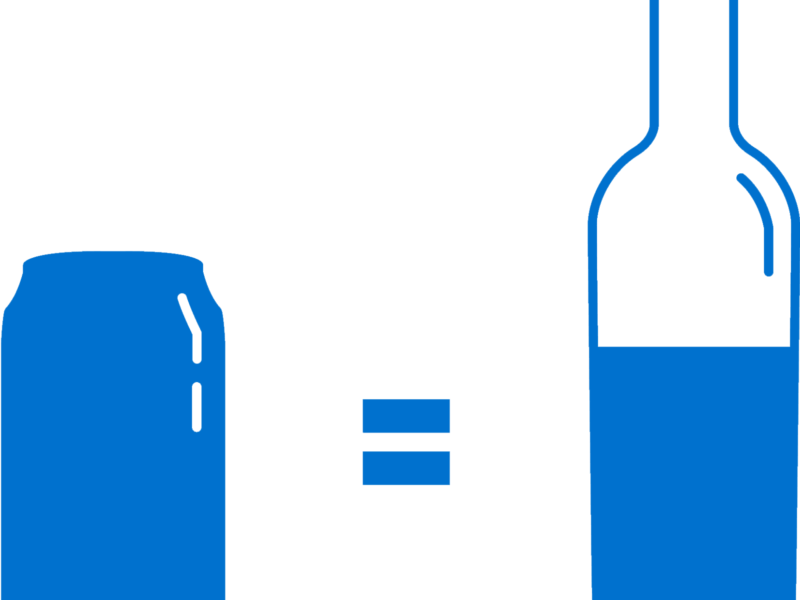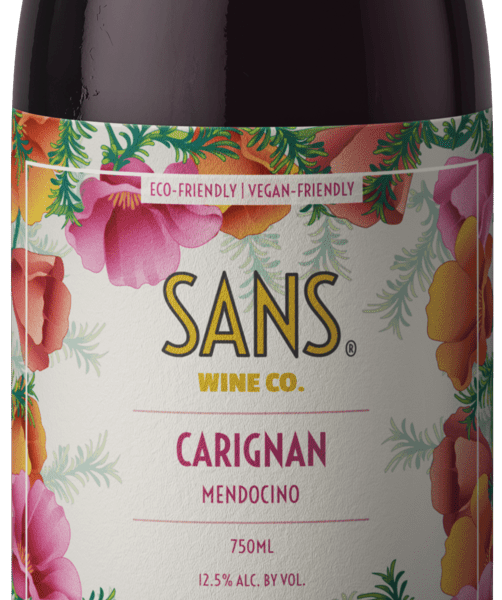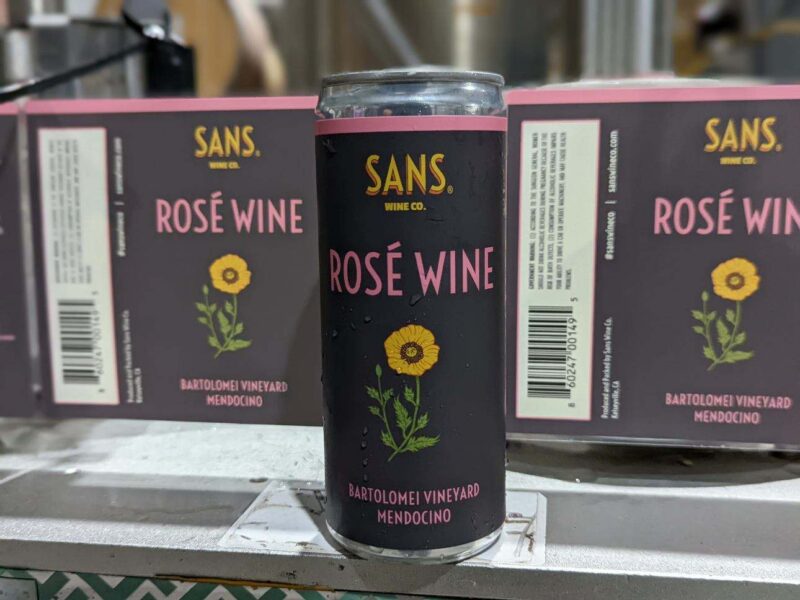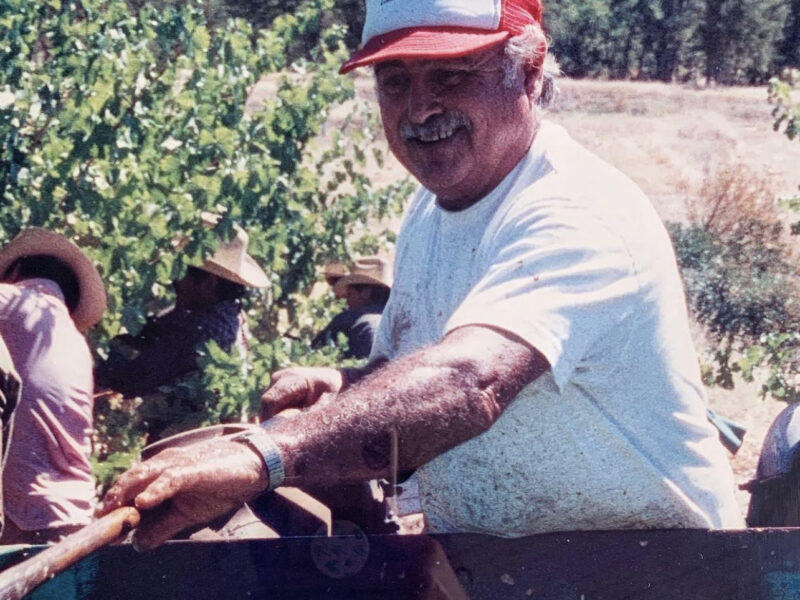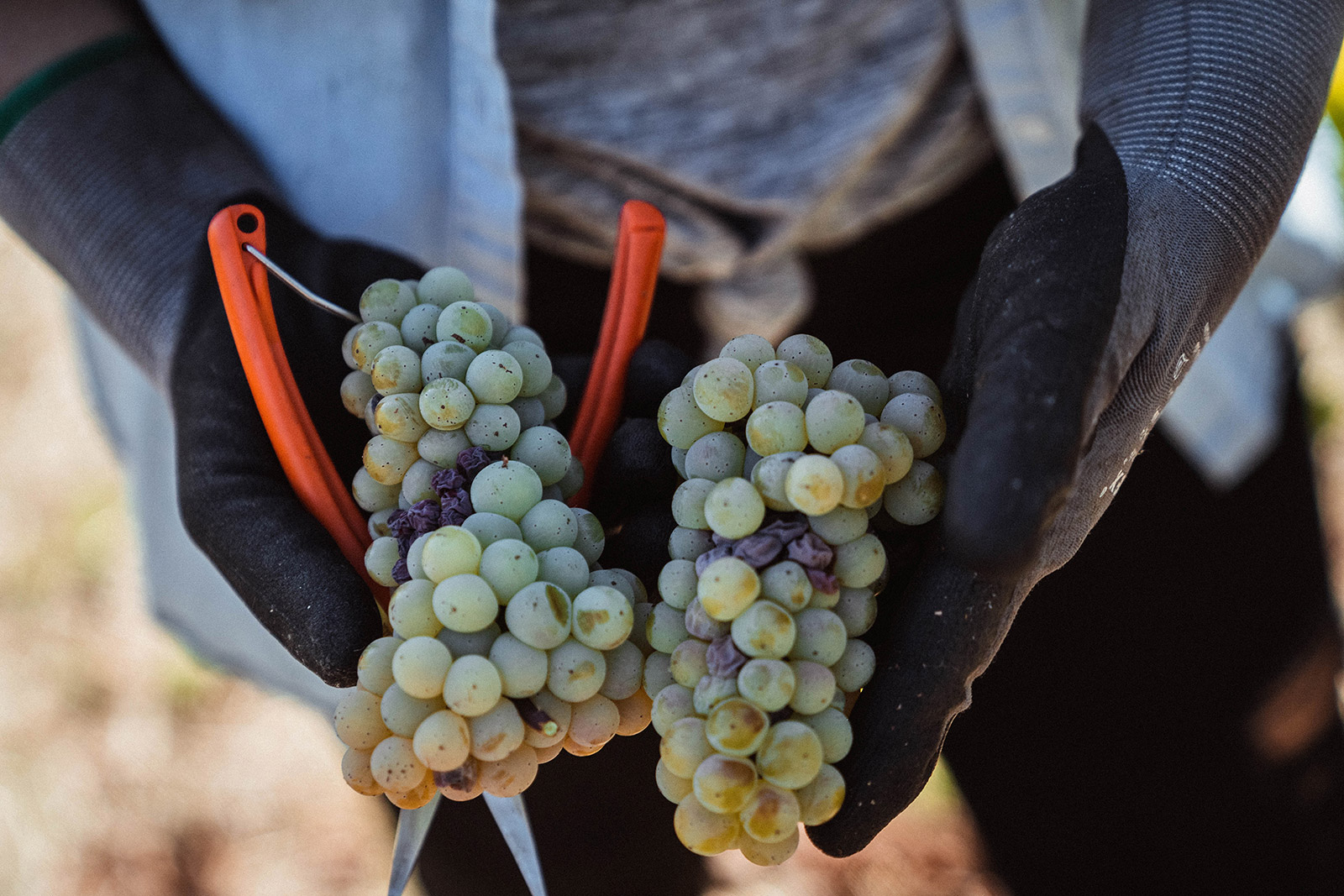
What Is and Isn’t In Our Wine
Natural Wine:
We define “Natural Wine” as nothing added and nothing removed during our winemaking process. We maintain that by minimizing and most often eliminating inputs in our wines we are able to provide more pure expressions of wine grapes, true to a time and place within which they were grown. While most products added to conventional wine are not harmful, in the doses that they are applied (too much of anything can be harmful) we feel that manipulating wine to create consistency in flavor, color and aroma…is antithetical to the romance of wine. Rather than list off the entire list of allowable products within winemaking, it’s easiest to explain our process…because we do not add any of them.
Across the board our wines are fermented utilizing native yeasts, i.e. the yeast that comes into the winery on the grape skins themselves conduct our fermentations. Another way of saying this is that we do not inoculate our wines with commercial yeast strains that can change the flavor and aromatic profiles of wine. We ferment and age all our wines in stainless steel tanks or other neutral vessels, (no oak aging) so as not to incorporate additional tannin or flavors to our wines. Also, we do not fine or filter our wines—a process that requires running the wine through a filtration system or adding additional products to bind to solids in our wines. We choose to have slightly cloudier white and rosés, rather than strip away some of the complex flavors and aromas that are naturally in the wine. Finally, we do not use Sulfur Dioxide or other preservatives in the production of our wines. While it is common for some Natural Wine producers to utilize small amounts of SO2, because it is a natural by product of a fermentation, in order to prevent any type of spoilage…we have found that with the stability of our packaging (cans) it is unnecessary and potentially can interact with the can itself creating off aromas.
Eco Friendly:
Our packaging (aluminum cans) is lightweight, fully recyclable, less expensive to ship, and incredibly stable. We are able to ship twice as many cases per pallet over bottled wines, and still that pallet weighs less than its bottled counterpart. Glass is difficult to capture in its entirety, due to breakage, and therefore an aluminum can that is fully recyclable and most likely already produced from recycled materials creates a much more “eco-friendly” vessel for wine. In addition, the stability of cans (no uv light penetration, no oxygen exchange through a cork, and the ability to maintain temperature) mean that wine in can ages slower and maintains freshness longer. In a lot of ways cans seem to be the perfect vessel for Natural Wine, in our humble opinion.
“Beyond Organic Farming”:
Did you know that Organic and Biodynamic viticulture allow for the use of pesticides and herbicides that are certified by their individual governing bodies? In the vineyards we farm “in-house”, Sans Wine Co. does not employ the use of either herbicides or pesticides whether certified for Organic use or otherwise. We maintain a belief that far too much importance is placed on the prophylactic use of chemicals in order to prevent wine-grape spoilage, and that with a depth of understanding how wine grapes grow within individual vineyard sites it is possible to minimize “disease pressures” without harmful sprays. We focus on the timely use of specific canopy management techniques, deficit irrigation/dry farming, insectaries (beneficial flora and fauna), and good old fashioned hand labor as opposed to preventatively spraying our vineyards on an interval basis. These practices allow us to farm in a “no-spray” manner which we feel goes “beyond Organic” viticulture, and forces us to monitor how our interactions with mother nature can benefit our wines and the environment within which we work and live.
